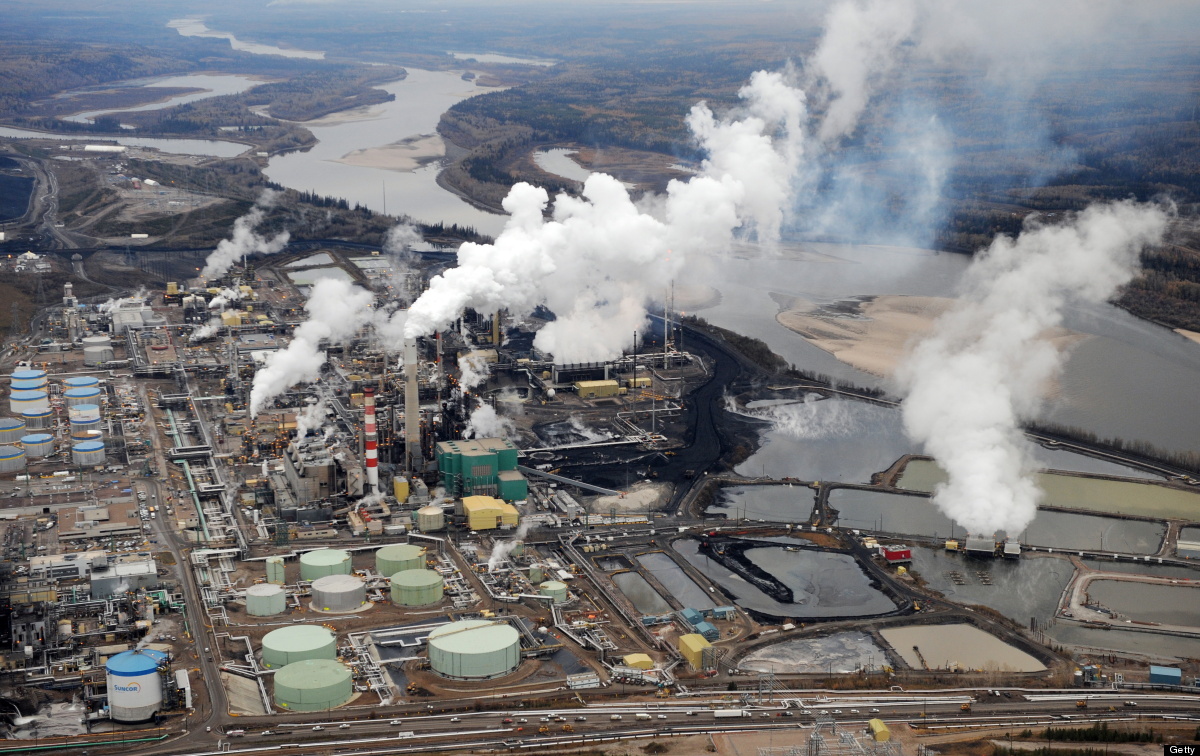While the environmental debate has not been a prominent topic in the all dominating US election coverage, the last few weeks have been packed full of truly confusing news items.
On the one hand, IEA has published their World Energy Outlook 2012 (see also 12 page executive summary) showing that we can achieve energy savings equivalent to nearly a fifth of global demand in 2010 and that Renewables become the world’s second-largest source of power generation by 2015 and close in on coal as the primary source by 2035.
That sounds like environmentally good news to me - at first. Another truly astonishing result is that the US will become the worlds largest oil producer by 2020 and become nearly self-sufficient around 2035. Given peak oil, how is this possible? It is possible by tapping into "unconventional gas and oil". Fun stuff like tar sands and specifically shale oil by use of fracking. While the oil industry celebrates this as a new dawn of the fossil fuel era, we ought to question the environmental impact of the techniques used for extracting unconventional oil and gas as well as the effect of burning it. The IEA report states clearly no more than one-third of proven reserves of fossil fuels can be consumed prior to 2050 if the world is to achieve the 2 °C goal. This however seems highly doubtful given the current excitement over cheap oil.
To warn us all, the World Bank has released their climate change report "Turn Down The Heat" which outlines the devastating consequences of staying on the current trajectory.
It is up to us to politically demand a different path for the next generations than what is outlined in the numerous scientific reports of the recent years. To renew our understanding of our climate reality, I encourage you to spend a few minutes watching some relevant information:


No comments:
Post a Comment